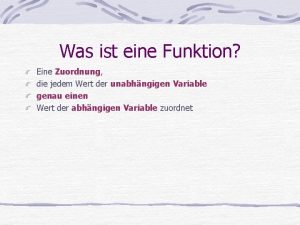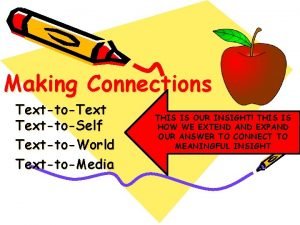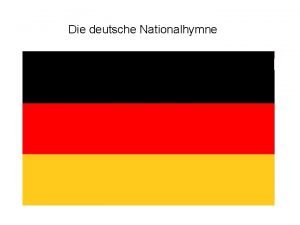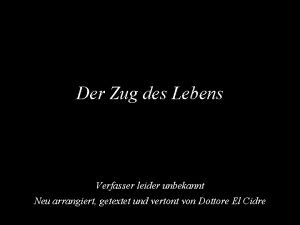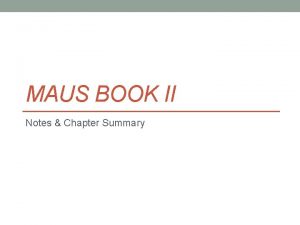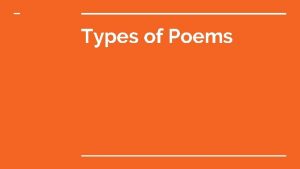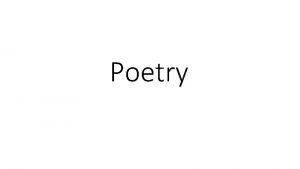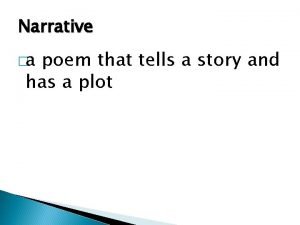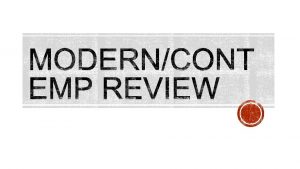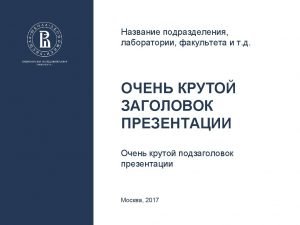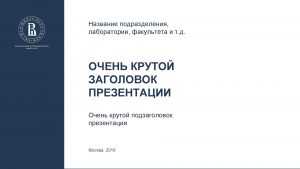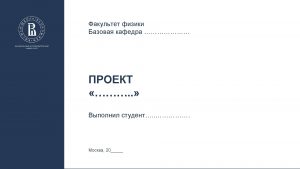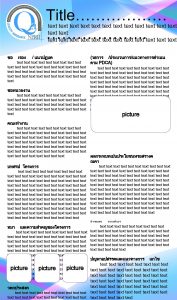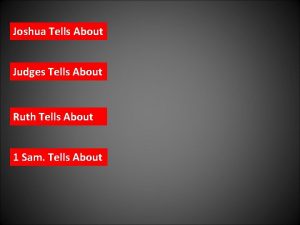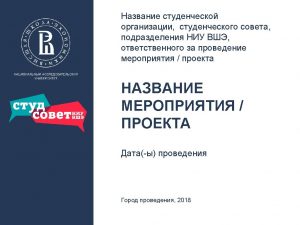Eine deutsche Maus Todays text tells the story











- Slides: 11


Eine deutsche Maus Today’s text tells the story of a mouse. What sort of things do mice do? What words do we use in English to describe these? Try saying the below German words out loud. Listen to how they sound and try to guess what sounds or actions of the mouse they describe. The mouse • Die Maus piept • Die Maus kratzt • Die Maus huscht • Die Maus knabbert squeaks The mouse scratches The mouse scurries The mouse nibbles

Time to Translate! Today we are going to translate part of a story about a mouse who has missed a cheese festival because he lost track of time. A reminder of some important things to keep in mind when translating: ● Word-for-word (‘literal’) translations can be meaningless: replacing one word in German for an equivalent English word often results in nonsense. ● This is why translators have to be creative: it is your job to make the translation sound like it was written in English – so translators are creative writers as well as readers. ● Translation is about meaning, not just words, so you have to think about what sort of mood or meaning is conveyed in the original and try to recreate that in your

The 3 Stages of a Creative Translation READ • Read through the text and mark any unknown vocabulary. • Does anything unusual stand out? • Try translating the passage literally (replacing word for word). • What is happening in the passage? How would you describe the INTERP mood? RET • Are there any important sounds or images? • Now edit your translation to recreate the effect of the original. • What mood are you trying to convey? CREATE • Read through your translation without the original to check it sounds natural.

‘Futterecke’ = food corner This is a compound noun (a noun made up of two nouns). Can you think of a better translation than ‘food corner’? Eine etwas rundliche Maus mit prall gefülltem Bauch liegt oben auf einer Holzkiste. Aus Packpapier hat sie sich dort eine gemütliche Futterecke eingerichtet. Genüsslich knabbert sie an einem Stückchen Käse. Offenbar ein würziger hart Käse. Vielleicht aus den Schweizer Alpen? What words can we use to describe cheese? Here you can use your glossary or come up with your own solutions! Literal translation: ‘Out of packing paper has it there a comfortable food corner furnished. ’ ‘knabbert’ Do you remember what mousey action this names?

Word order in German and English sentences If you replace each German word with an English word, your translation will not make much sense! We need to change the order of words when translating from German into English. Start by paying attention to the verbs in the sentence: Aus Packpapier hat sie sich dort eine gemütliche Futterecke eingerichtet. Now try translating the sentence word-for-word, noting any awkward moments: Out of packing paper has it there a comfortable food corner furnished. And then you can make changes to make it read better. There are many different ways to do this for this sentence so this is where you can be creative! The mouse has furnished his comfortable snacking spot with packing paper. The mouse has made himself, with brown paper, a snug corner for snacking.

The first ‘Entschuldigu ng’ is a question, the second is an exclamation! „Entschuldigung? “, fragt die kleine Maus erst etwas schüchtern und räuspert sich dann, nachdem die andere Maus auf der Kiste nicht gleich reagiert. „Entschuldigung!“, wiederholt sie etwas energischer. „Wo finde ich denn bitte das große Käsefest? “ „S’ Chäsfescht? “, erwidert The second mouse has a Swiss accent. Will this change how you translate his speech? die vollgefutterte Maus gemächlich und schnipst sich geschickt das letzte Stückchen Käse in den Mund. Sie spricht mit einem Schweizer Akzent. Man erkennt das gleich an der kehligen Art, wie sie das Wort Käse ausspricht. Chäs. How will you translate ‘S’ Chäsfescht’ and ‘Chäs’? How is the mouse talking? Is the mouse confident or shy?

„Entschuldigu ng… Wo finde ich denn bitte das große Käsefest? “ „Das war doch gestern, Einstein! … Da bist du einen Tag zu spät dran. “ Einstein – die fantastische Reise einer Maus durch Raum und Zeit, by Torben Kuhlman (Zurich: Nord. Süd Verlag, 2020)

Extension The mouse with the Swiss accent sarcastically calls the other mouse Einstein. Why do you think the mouse does this? Albert Einstein was born in Germany in 1879. He is one of the most famous scientists to have ever lived. He is known for his theory of relativity which shows that time does not always pass at the same speed. Die Zeit ist relativ.

Extension The mouse of today’s story was a day late for the cheese festival. The mouse becomes interested in how time can be manipulated which leads him to build a time machine! Watch the trailer for the book. Draw a picture of the mouse arriving at his destination: Where is he going (in time and space)? Has he travelled back or forwards in time? What has he gone to see? Another cheese festival? What will your mouse be saying or thinking? Can you express this in German in a speech or thought bubble?

Presentation © Queen’s College Translation Exchange 2021 Designed by Holly Langstaff with Clare Savory
 Was ist eine zuordnung
Was ist eine zuordnung Making connections images
Making connections images Einigkeit und recht und freiheit
Einigkeit und recht und freiheit Zug des lebens text
Zug des lebens text Maus 2 sparknotes
Maus 2 sparknotes This is a poem that tells a story
This is a poem that tells a story Song like poem that tells a story
Song like poem that tells a story Narrative poetry types
Narrative poetry types A poem that tells a story and has a plot
A poem that tells a story and has a plot An intricate dance that tells a story
An intricate dance that tells a story A song transmitted orally which tells a story
A song transmitted orally which tells a story What if it finishes class 5 evs ppt
What if it finishes class 5 evs ppt
